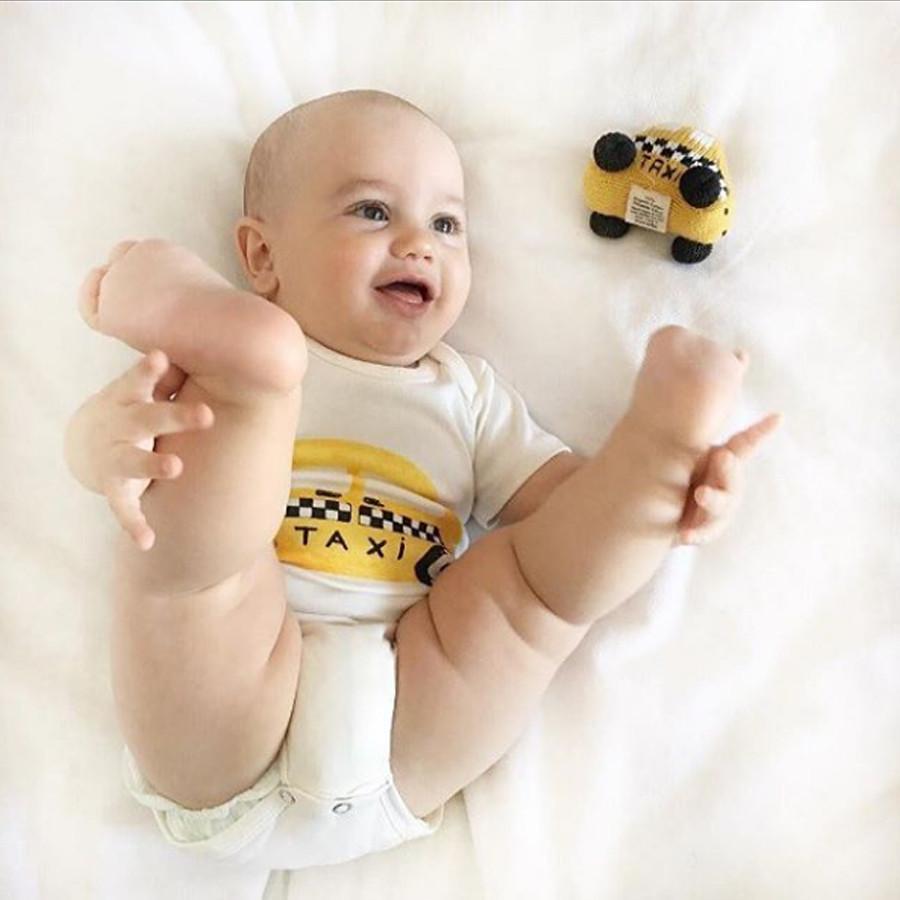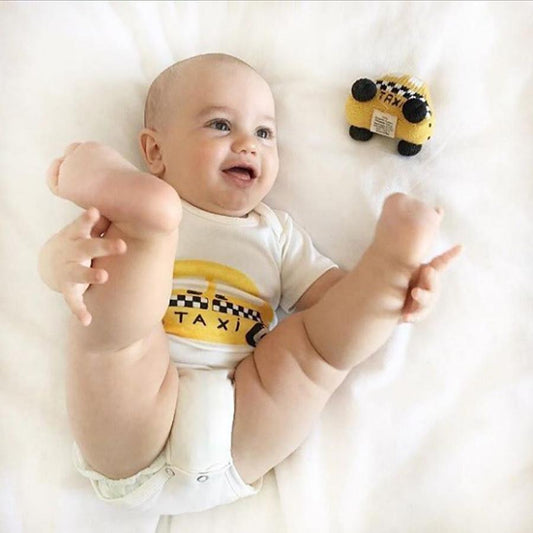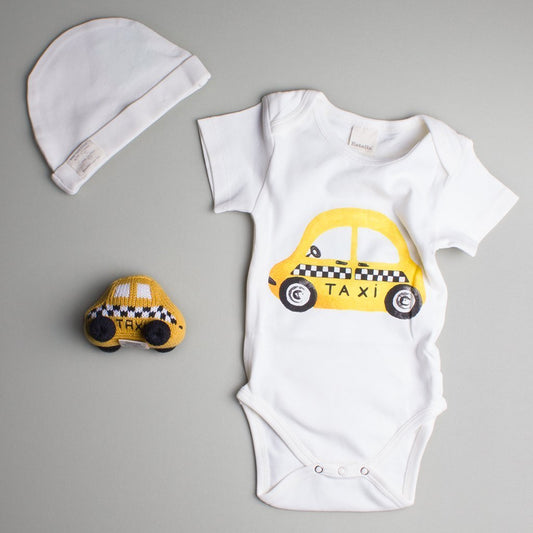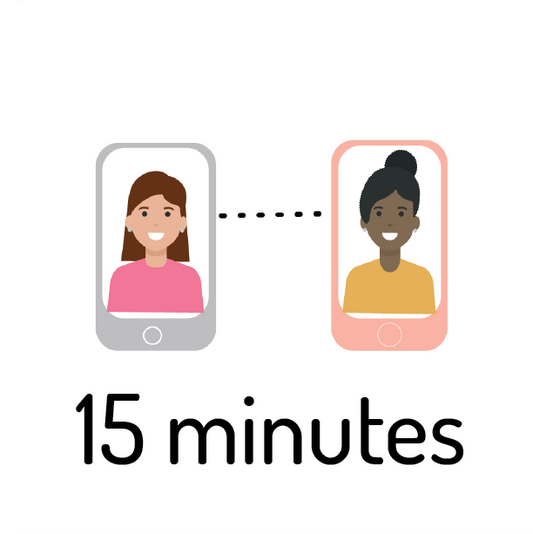Breastfeeding or bottle refusal consultation - Nursing strike

When your baby refuses to breastfeed or bottle feed, it's commonly called a nursing strike.
Every once in a while, your baby might be off their feed: a busy day, a stuffy nose, annoying teething, or some other unknown reason can all lead to babies skipping a feed or two.
But, when a baby doubles down and will not breastfeed. or even take a bottle, for 12 hours or longer, you are in the midst of a nursing strike.
1. While it may seem to you that there is nothing different today than any other day, in your baby's opinion, they are refusing to feed for a very. good. reason.
Most often, there is something that happened during the time your baby last fed. From their perspective, it was scary and it was part of breastfeeding. Think back: can you think of a simultaneous event- the dog barked suddenly, a loud thunderclap or lightning, or you yelled when your baby bit you.
- Do you smell different? shampoo, laundry product, air freshener
- Does the milk taste funny? new formula, high lipase/soapy taste, sour milk, mastitis/salty taste
- Are you in a different environment? Visiting or vacationing?
- Are you feeling stressed over something and not connecting with your baby?
- Is your baby in a new environment with dad or grandma, or at day-care?
2. Your baby may have taken a bottle since birth, but now you are back at work, and she's refusing.
You made sure that bottles would not be a problem by spending time working with your baby to drink from a bottle nearly from birth. Now that you are at work, she is with her caregiver and refusing to eat which is beyond stressful.
3. You may think your baby is self-weaning
If your baby is older than 18 months old, self-weaning is probably what you are witnessing. If your baby is younger, I would bet "something" happened to put your baby off their feed, and I encourage you to try to get them breastfeeding again. There are many benefits for the both of you.
If your baby is bottle-feeding, self-weaning is developmentally on track. No action is needed on your part.
You may be trying to wait them out.
If you can get your baby to eat or drink by some other means, waiting is a sound strategy. Most babies resume breastfeeding in a day or so, without much fuss.
If it's been longer than 24 hours, and you have tried everything you can think of, this is a flexible appointment centered around decoding your baby's behavior and resolving their protesting behavior.
• Why are they protesting breastfeeding or bottles?
• What caused it?
• How can you resolve it?
• How can you prevent it in the future?
Personal, kind, gentle and persistent
We create a care plan just for you and follow up by phone and telehealth as often as needed, until your baby is breastfeeding or bottle feeding normally. All your questions about nursing and feeding strikes will be answered. You will feel more knowledgable about your baby and yourself. Your anxiety will be calmed.
You are leaving this site and entering my HIPAA compliant patient portal.

Ella B.
My son was born with a lip and tongue time, and even after his procedure, nursing was extremely painful. I would cry and clench my fists during every feeding, staring at the timer until 20 minutes were up so I could give myself permission to unlatch my son. Feeding him was a huge burden and caused me a great deal of anxiety because of how much it hurt.
I worked with Donna during the first few months of my son's life. I went from dreading nursing, to nursing on demand thanks to her support.
Client favorites
-
Estella Organic Jersey Baby Gift Set - Taxi - 0-3 M
Vendor:EstellaRegular price $55.00 USDRegular priceUnit price / per$55.00 USDSale price $55.00 USD -
Lactation Consultation - Quick Question -Telehealth
Vendor:New Baby New Paltz Ltd.Regular price $40.00 USDRegular priceUnit price / per$30.00 USDSale price $40.00 USD -
Bravado Body Silk Seamless Yoga Nursing Bra #1436
Vendor:BravadoRegular price $49.00 USDRegular priceUnit price / per$49.00 USDSale price $49.00 USD






